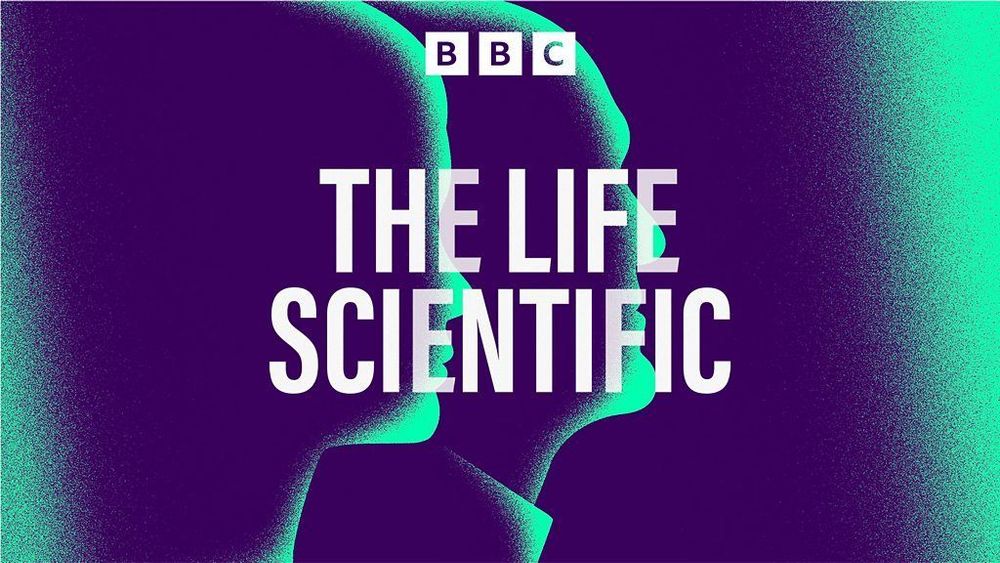UCL Queen Square Institute of Neurology
@uclqsion.bsky.social
650 followers
150 following
48 posts
We are a world-leading centre for neurological research within the UCL Faculty of Brain Sciences. www.ucl.ac.uk/brain-sciences/ion
Posts
Media
Videos
Starter Packs
Pinned
Reposted by UCL Queen Square Institute of Neurology
Reposted by UCL Queen Square Institute of Neurology
Reposted by UCL Queen Square Institute of Neurology
Reposted by UCL Queen Square Institute of Neurology
Reposted by UCL Queen Square Institute of Neurology
Reposted by UCL Queen Square Institute of Neurology
Reposted by UCL Queen Square Institute of Neurology
Reposted by UCL Queen Square Institute of Neurology
Reposted by UCL Queen Square Institute of Neurology
Reposted by UCL Queen Square Institute of Neurology
Reposted by UCL Queen Square Institute of Neurology
Reposted by UCL Queen Square Institute of Neurology
Reposted by UCL Queen Square Institute of Neurology
Reposted by UCL Queen Square Institute of Neurology
Reposted by UCL Queen Square Institute of Neurology
Reposted by UCL Queen Square Institute of Neurology
Reposted by UCL Queen Square Institute of Neurology
Reposted by UCL Queen Square Institute of Neurology
Reposted by UCL Queen Square Institute of Neurology
Reposted by UCL Queen Square Institute of Neurology
Reposted by UCL Queen Square Institute of Neurology
Reposted by UCL Queen Square Institute of Neurology
Reposted by UCL Queen Square Institute of Neurology
Reposted by UCL Queen Square Institute of Neurology

























